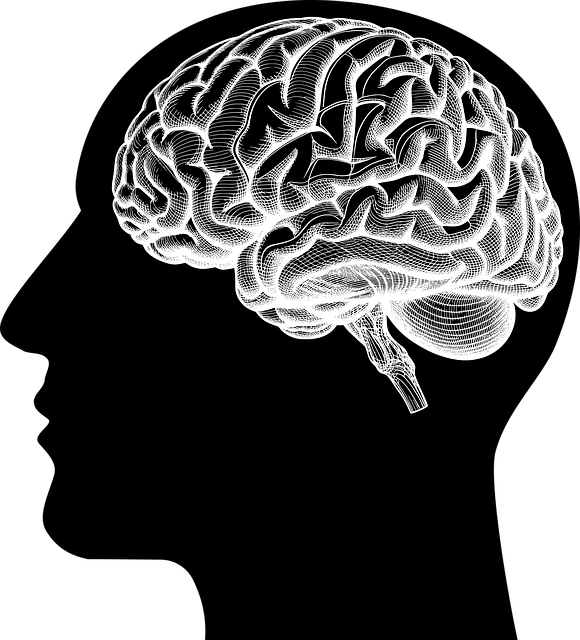Postpartum depression (PPD), a common but often overlooked issue, significantly affects new mothers, causing feelings of sadness and despair. Recognizing PPD symptoms is key for timely intervention. Westminster Postpartum Depression Therapy offers specialized support through comprehensive evaluations and evidence-based practices like CBT, interpersonal therapy, and mental wellness coaching. This holistic approach, combined with support groups and self-care routines promoted by the Mental Wellness Podcast Series, empowers new mothers to overcome PPD and recover fully.
“Uncovering Paths to Healing: Navigating Westminster Postpartum Depression Therapy. Mental health journeys can be complex, especially when postpartum depression (PPD) enters the equation. This comprehensive guide aims to illuminate the path for those struggling with PPD in Westminster. We’ll explore key symptoms and diagnosis criteria, delving into diverse therapy approaches proven effective in our community. Additionally, we’ll uncover vital support systems and resources, empowering individuals and their families on the road to recovery. Understanding PPD and accessing suitable therapy options are significant steps towards reclaiming mental well-being.”
- Understanding Postpartum Depression: Symptoms and Diagnosis
- Navigating Treatment Options: Westminster Therapy Approaches
- Support Systems and Resources for Effective Recovery
Understanding Postpartum Depression: Symptoms and Diagnosis

Postpartum depression (PPD) is a common yet often undiagnosed mental health condition affecting new mothers. It’s more than just the ‘baby blues’ that many women experience after giving birth. PPD can significantly impact a mother’s ability to care for herself and her baby, leading to feelings of sadness, anxiety, fatigue, and even despair. Understanding this condition is crucial in ensuring timely intervention and support.
Symptoms may include persistent sadness, extreme mood swings, difficulty sleeping or sleeping too much, changes in appetite, feeling hopeless or helpless, and loss of interest in activities once enjoyed, such as self-care practices. Diagnosing PPD involves a comprehensive evaluation by a qualified healthcare professional, often incorporating discussions about emotional healing processes and mental health awareness. In Westminster, specialized postpartum depression therapy is available to provide tailored support for new mothers navigating these challenges.
Navigating Treatment Options: Westminster Therapy Approaches

Navigating treatment options is a complex task, especially when dealing with mental health conditions like postpartum depression. Westminster therapy approaches offer a range of evidence-based practices tailored to individual needs. Cognitive Behavioral Therapy (CBT), for instance, focuses on identifying and changing negative thought patterns, helping individuals manage symptoms effectively.
In addition to CBT, Westminster provides specialized services such as interpersonal therapy, which emphasizes improving relationships and communication strategies, a key aspect in mental health policy analysis and advocacy. Mental wellness coaching programs development is another unique offering, focusing on empowering individuals to take charge of their mental health through personalized goal setting and skill-building. These comprehensive approaches ensure that every patient receives tailored support for their unique journey towards recovery.
Support Systems and Resources for Effective Recovery

Navigating mental illness is often a complex journey, but fostering strong support systems can significantly enhance recovery. For postpartum depression, Westminster offers specialized therapy services tailored to new mothers’ unique needs. These professional resources provide a safe space for individuals to openly discuss their struggles and develop effective coping strategies.
In addition to clinical treatments, building a robust network of like-minded individuals through support groups or community forums can be immensely beneficial. The Westminster Postpartum Depression Therapy program encourages clients to connect with others facing similar challenges, fostering a sense of belonging and mutual understanding. Moreover, engaging in self-care routines, as promoted by the popular Mental Wellness Podcast Series Production, can complement professional care. Self-care involves adopting healthy habits like regular exercise, mindful practices, and setting boundaries to promote overall mental wellness.
Mental health support is accessible through various avenues, especially for new mothers facing postpartum depression. By recognizing symptoms early on, individuals can navigate tailored treatment options like Westminster postpartum depression therapy, which offers effective approaches such as cognitive-behavioral therapy and interpersonal counseling. Additionally, building a robust support system that includes professional resources and peer networks facilitates a journey towards recovery. With the right tools and care, healing is achievable, allowing mothers to embrace a brighter future for themselves and their families.













